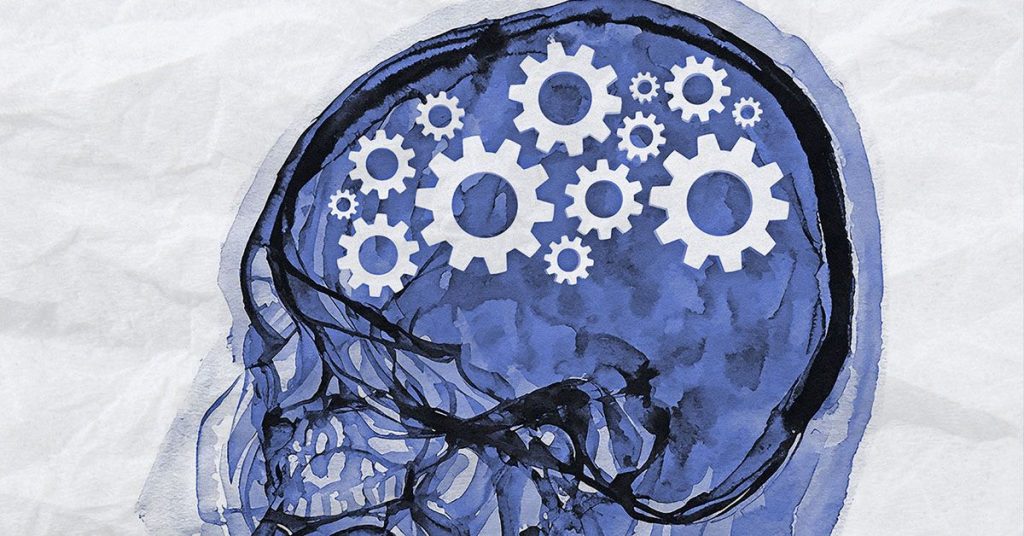A recent study conducted by researchers in China and the U.S. has revealed a potential link between chronic musculoskeletal pain (CMP) and accelerated brain aging, as well as a higher risk of cognitive decline and dementia. The study focused on individuals with knee osteoarthritis (KOA) and found that they experienced more rapid brain aging compared to those without the condition. By analyzing MRI data from over 9,000 individuals in the United Kingdom, the researchers were able to establish a connection between inflammation, cognitive function, and CMP, shedding light on the importance of further research in this area.
Inflammation in the body has long been associated with various neurological conditions, potentially impacting brain function and contributing to cognitive decline, as stated by Steve Allder, MD, a consultant neurologist at Re:Cognition Health. Chronic inflammation, such as that seen in KOA or other musculoskeletal pain conditions, can lead to changes in the brain’s structure and function, ultimately affecting cognitive processes. These alterations may result in neuroplasticity, causing disruptions in pain processing and cognitive function, particularly in the prefrontal cortex, as explained by Medhat Mikhael, MD, a pain management specialist.
The study suggests that a gene known as SLC39A8, which is expressed in microglial cells and astrocytes, may serve as the link between KOA and cognitive decline. This gene encodes a protein called ZIP8, responsible for transporting essential metals like iron and zinc, as well as non-essential neurotoxic metals such as cadmium. Genetic mutations affecting the transport and uptake of essential metals to mitochondria, particularly manganese, may have significant implications for brain health and function. The imbalance of this gene could potentially result in a wide range of health issues affecting various organs and systems in the body.
According to experts, the findings of this study highlight the importance of investigating the intricate relationship between CMP, inflammation, and cognitive function, not only in the context of KOA but also in other chronic pain conditions. While acute pain can lead to chronic inflammation if left untreated, sustained immune responses in both the body and the brain are required to provoke cognitive decline. The study provides valuable insights into potential mechanisms underlying brain aging and cognitive decline in individuals with CMP, emphasizing the need for further exploration of these connections.
One limitation of the study, as noted by Mikhael, is that the focus was primarily on chronic knee pain and its association with brain aging via the SLC39A8 gene. It would be beneficial for future research to examine other chronic inflammatory pain disorders to determine if similar conclusions can be drawn. By expanding the scope of investigation to include a broader range of chronic pain conditions, researchers may gain a more comprehensive understanding of the impacts of inflammation on brain health and cognitive function. In conclusion, the study offers a valuable insight into the potential links between CMP, inflammation, and cognitive decline, paving the way for further research in this emerging field of study.


